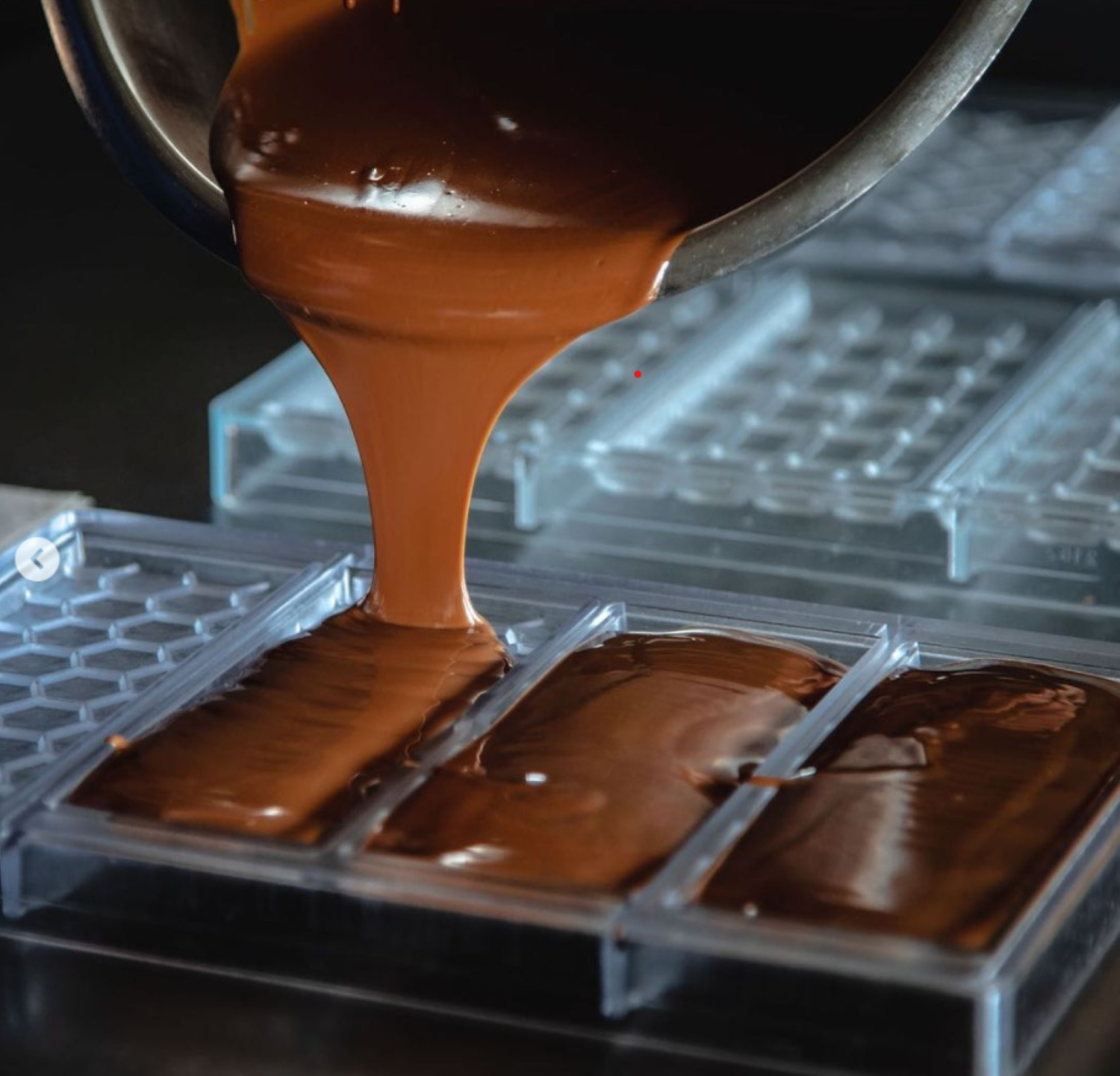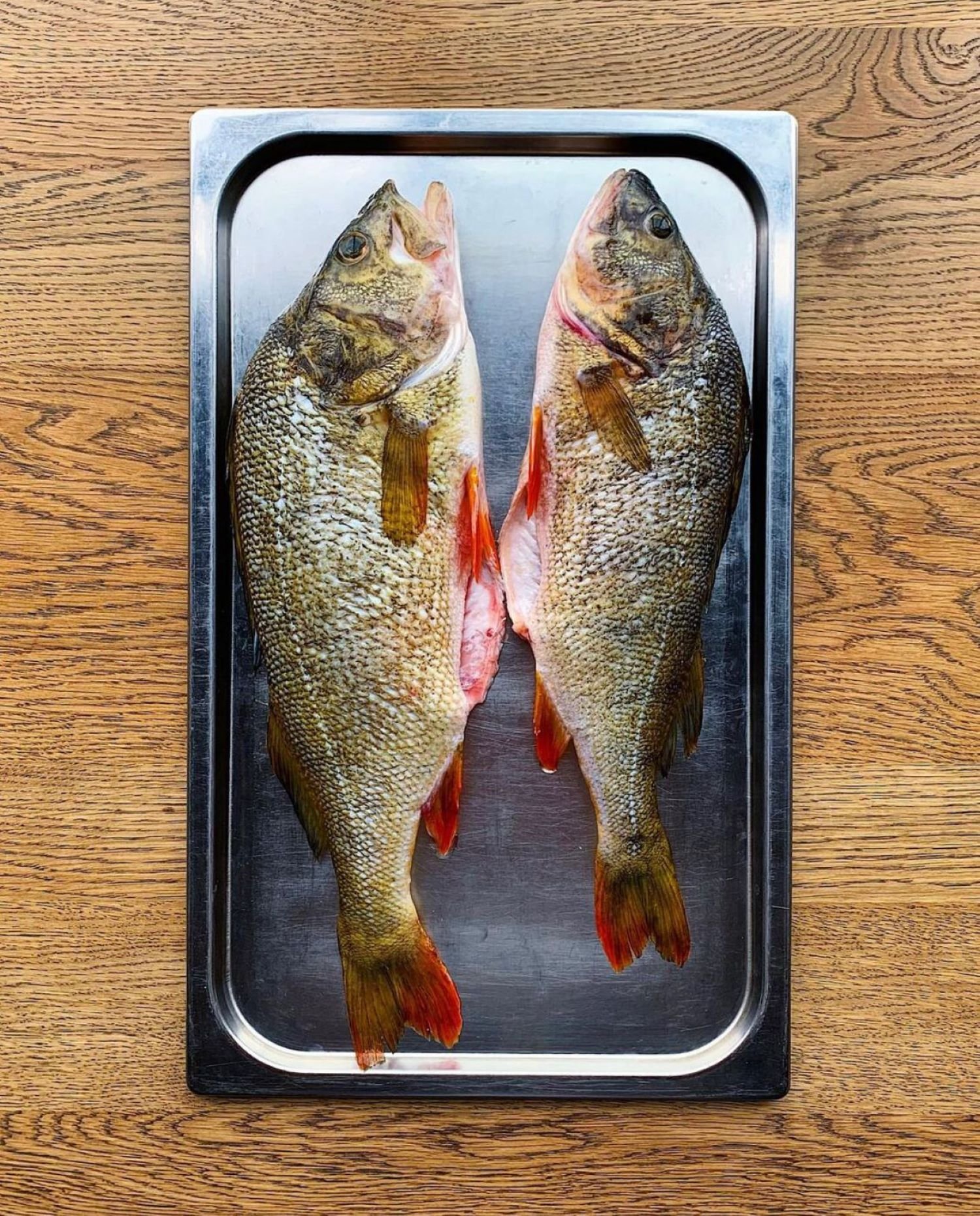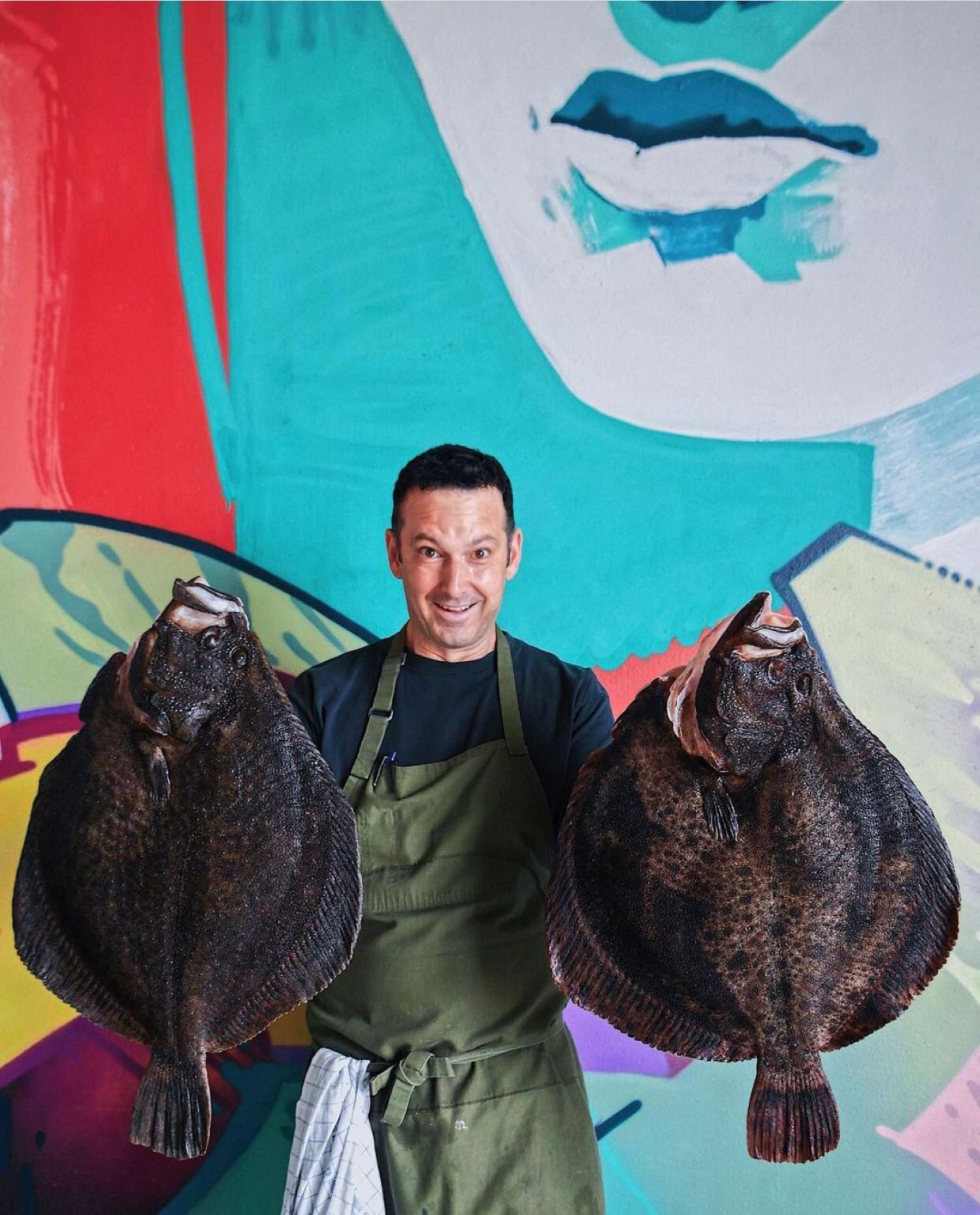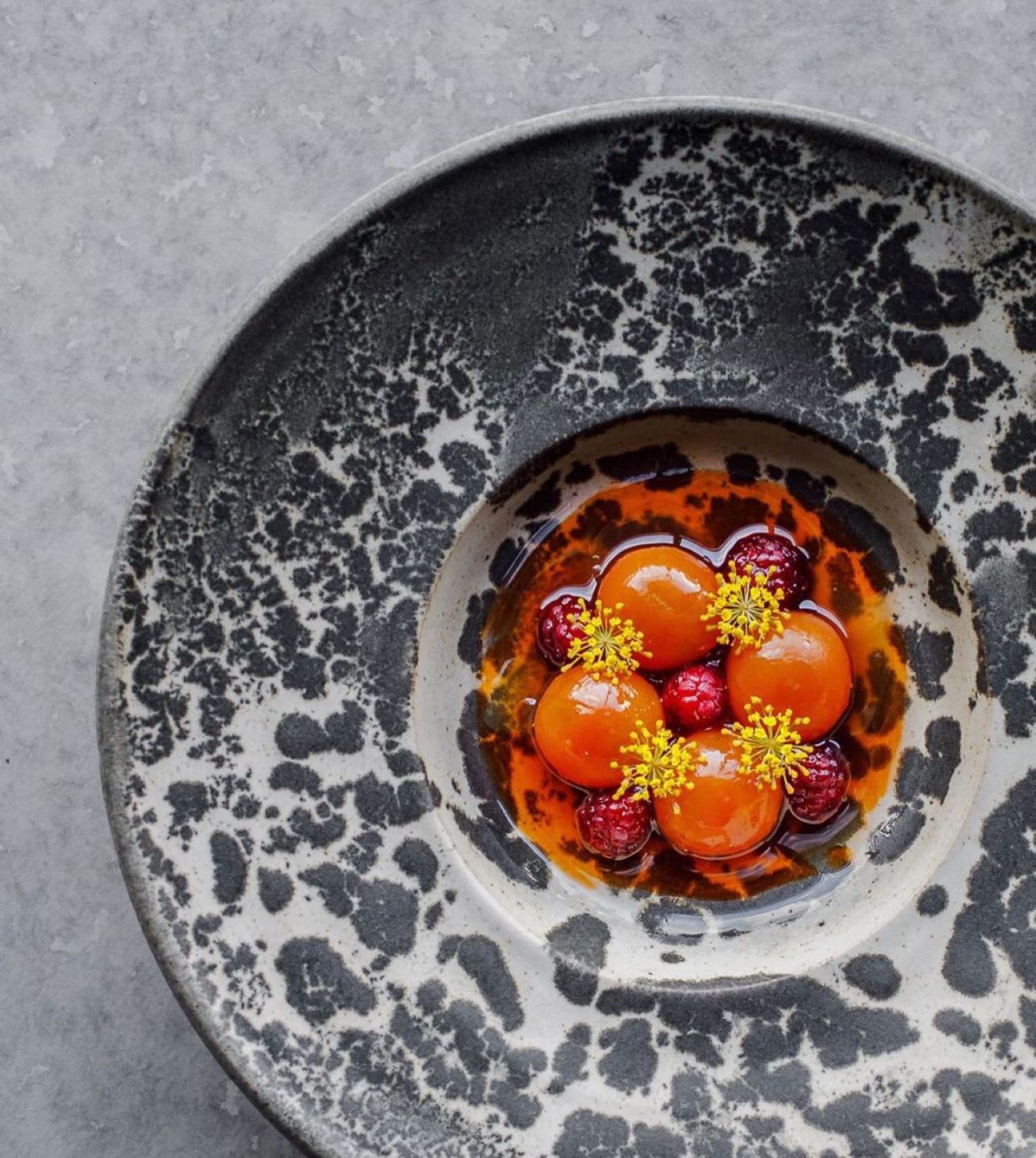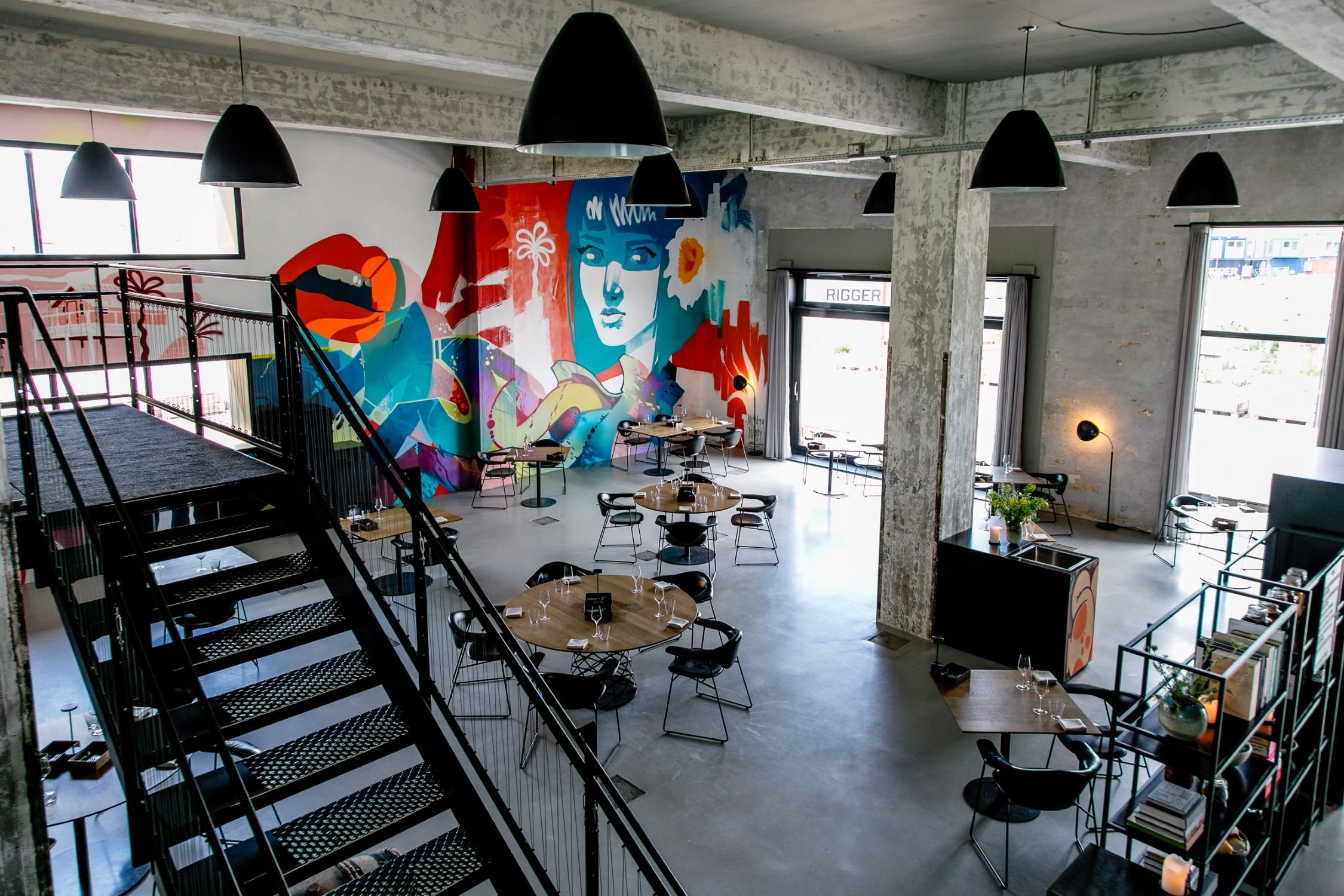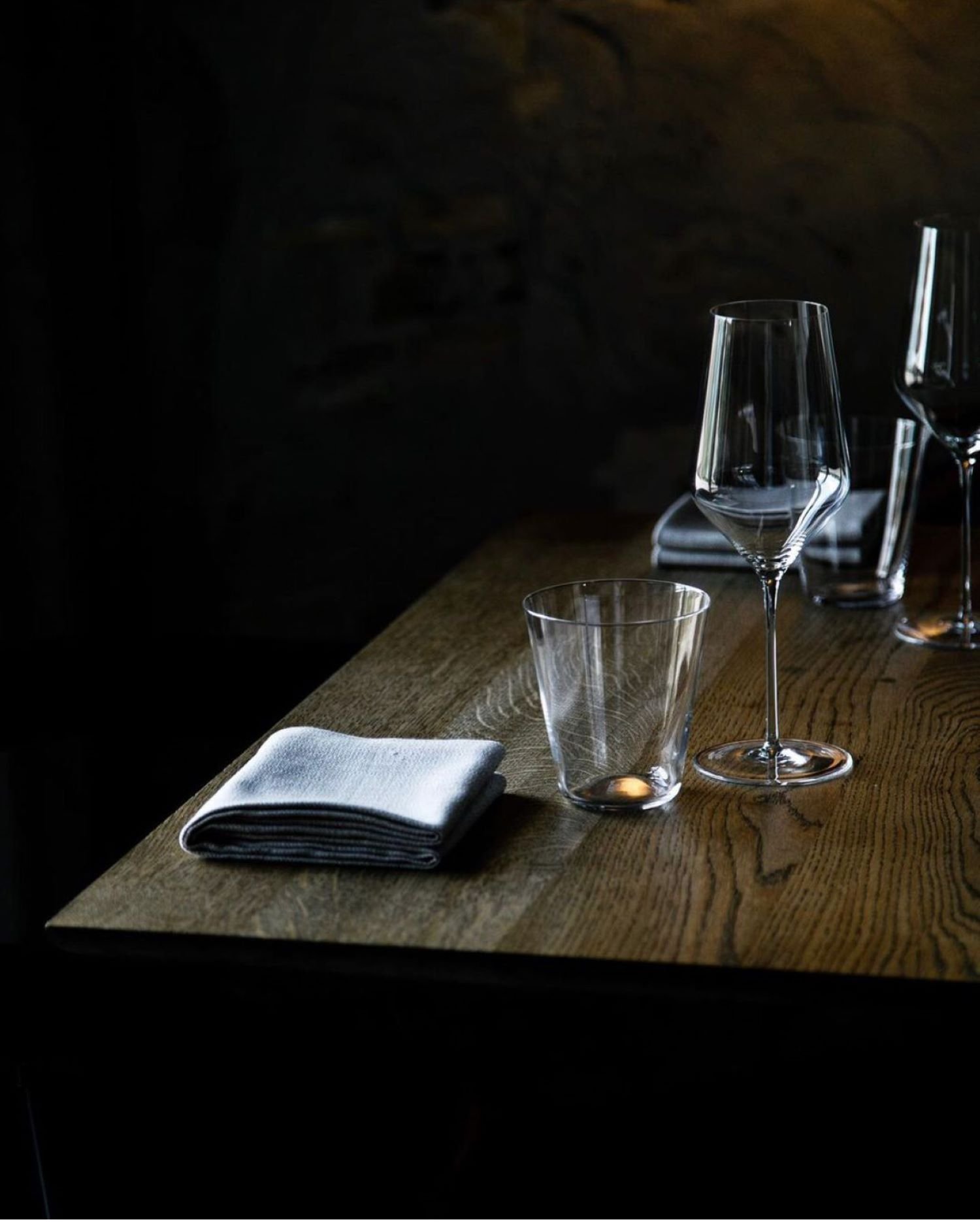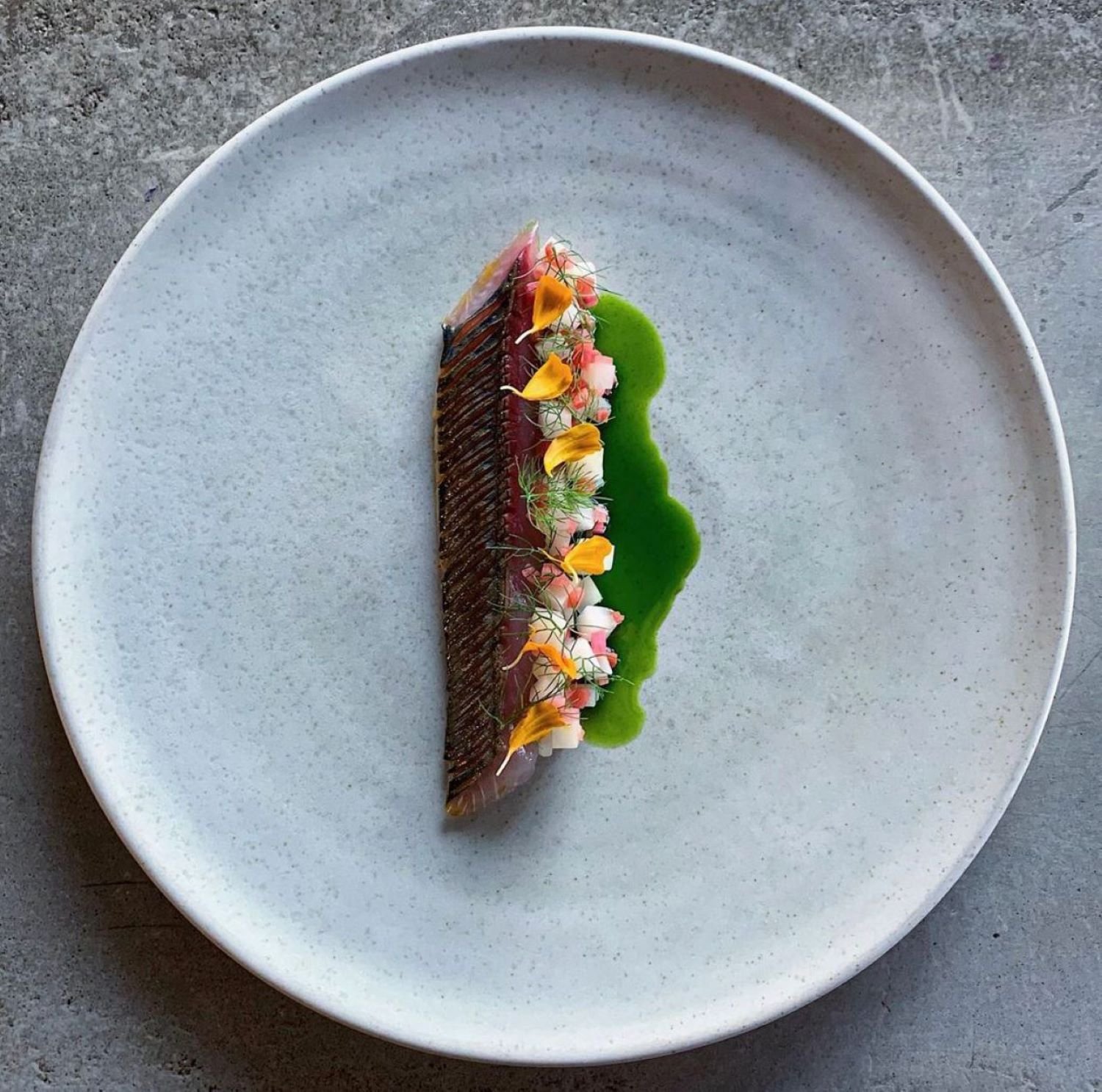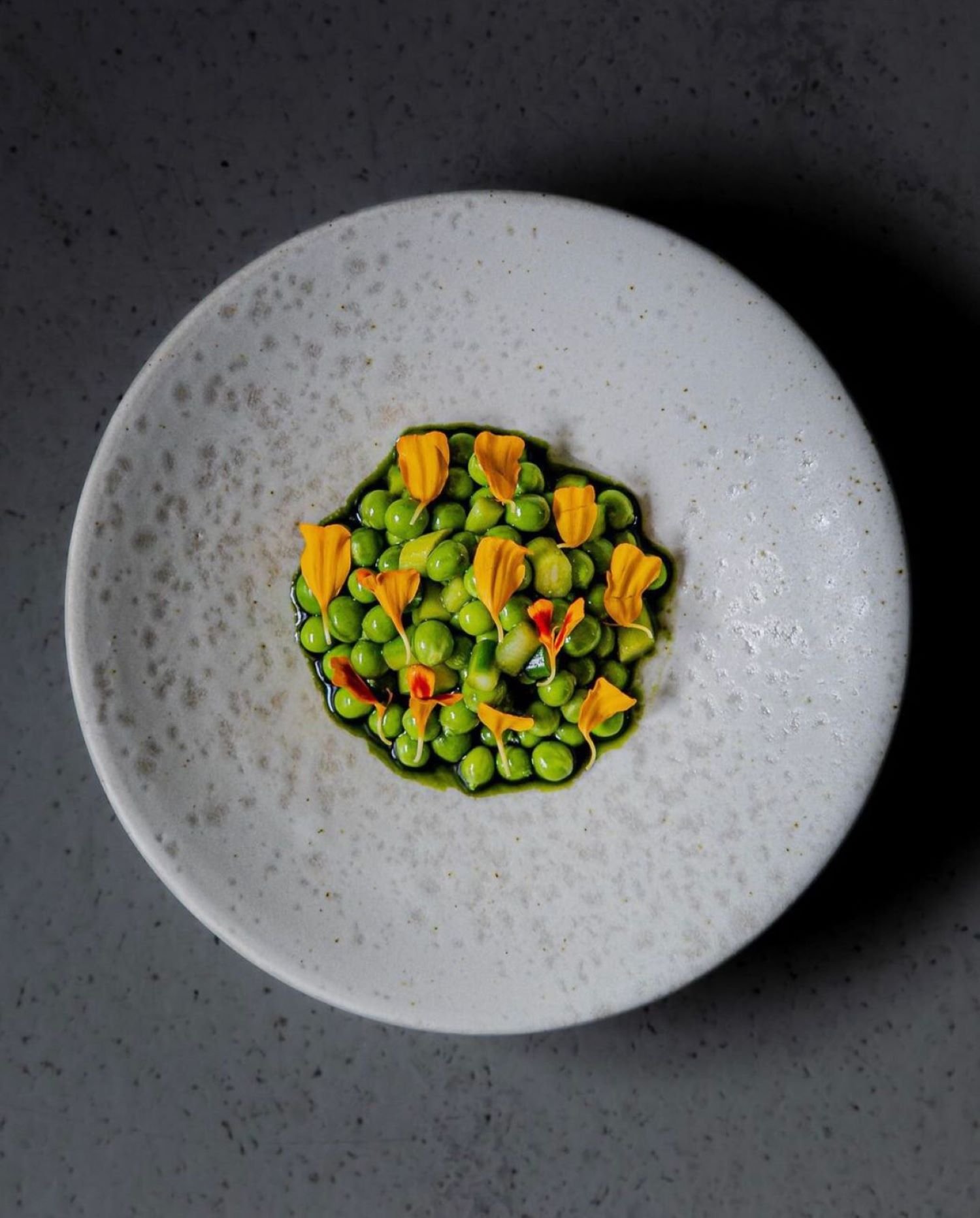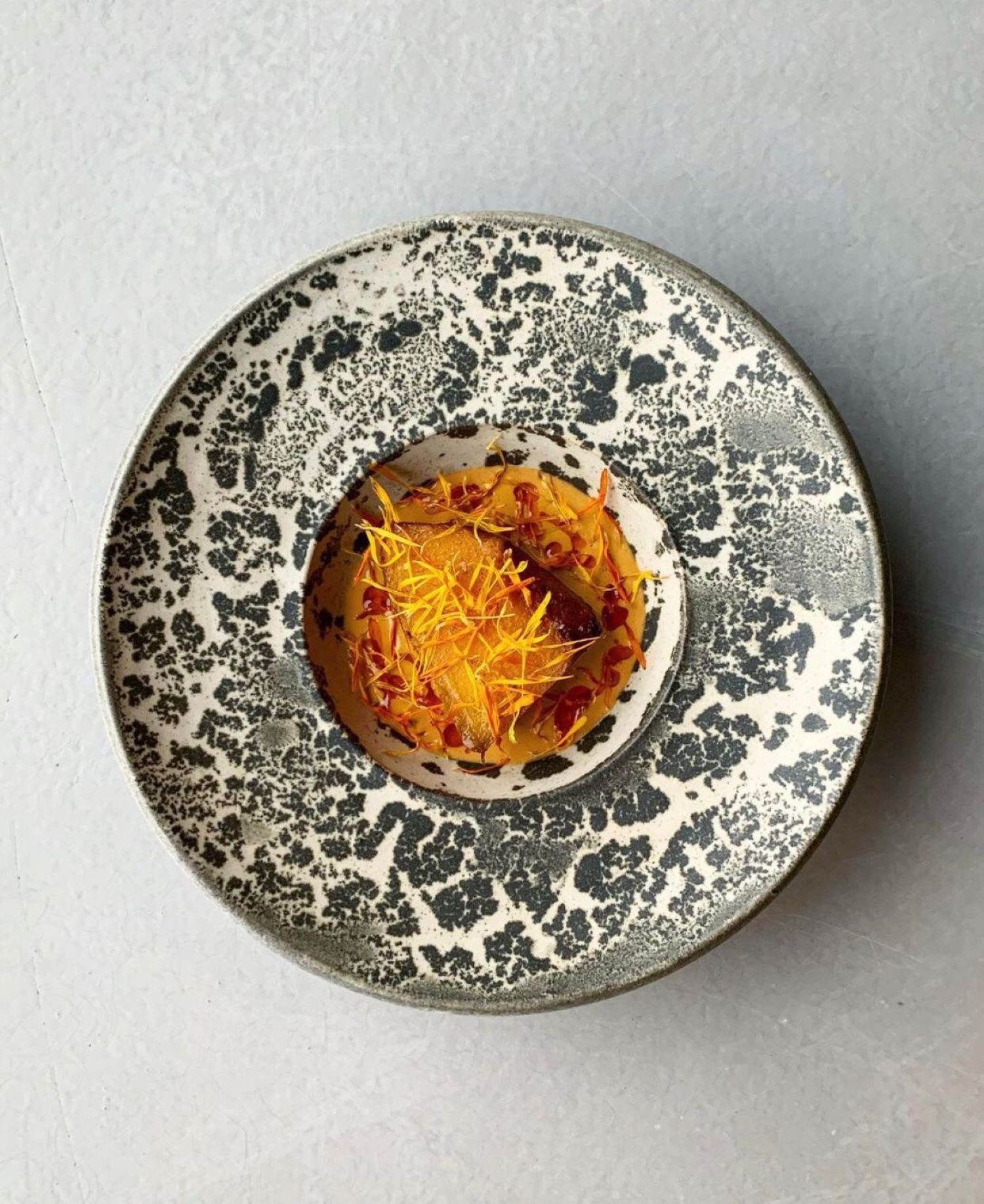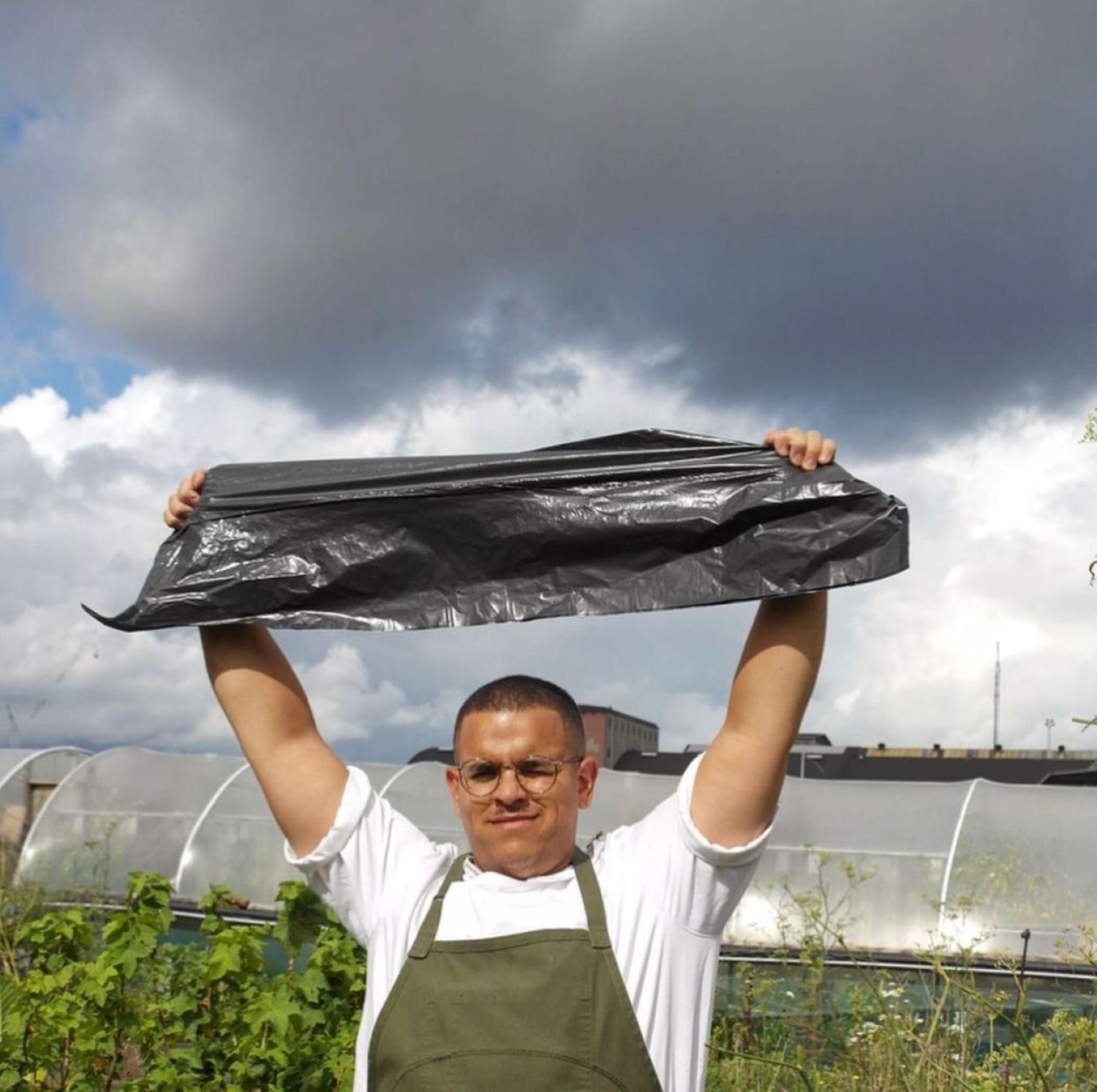MATT ORLANDO
Matt Orlando is the chef patron of Amass restaurant in Copenhagen - a restaurant that since its opening in 2013, has reduced its waste output by 75%. Whilst seeking inspiration in the by-products of the kitchen, the team is still creating some of the most delicious food in the world.
Matt told us about the initiatives introduced into the restaurant that made this reduction possible and he also provided some great tips and advice for other restaurants. Check it out below!
Separate your bins and ditch the bags.
When you separate your waste, it becomes very apparent where all of your heavy waste streams are and once you identify them, you can take steps to reduce them.
Amass has a lot of bins and not one of them uses a bin liner. During every clean down, the team simply empty the kitchen bins directly into larger collection bins before giving them a quick clean. It really doesn’t take much time and the amount of bin bags saved is colossal.
The restaurant separates its waste into the following categories but this really depends on your own restaurants waste authority.
Cardboard, Soft Plastics, Hard Plastics, Metals, General Waste, Food waste, Compost, Glass, Ceramics
Going bin bag free in the UK is defintely possible, but only if restaruants first separate their waste and reduce the amount of general waste they produce. This is due to the carbon emissions of replacing and washing bins. So why not make the reductions and then see if your waste management company is willing to go bag free?
The Last Roll of Cling Film
When Amass posted the picture of their last roll of cling film, there was AMASsive positive response but also so many people asking, “how can you survive without it?”
There was a time when kitchens ran without cling film just fine. Matt believes that restaurants should evolve their mindsets and focus less on what ingredients or tools they don’t have and more on what they can do with their kitchens arsenal.
The whole sustainability journey is based on mindset, in everything we do. The major step is to switch it from “I CAN’T do this because” to “I CAN do this because”. It’s more psychological than logistics.
Amass’ whole existence proves that you don’t have to sacrifice anything in order to reduce the impact of your kitchen. No compromise on flavour and no compromise on the visual aspect - you just have to think about dishes in a different way.
It was Amass’s post that inspired NMEPlastic to start the last roll campaign - who’s going next? #thelastroll
What's your soap dilution?
How much soap is actually needed to clean down a section? We chefs are often guilty of putting far too much soap into our “soapies”. Here is the solution!
Matt worked closely with Amass’ cleaning supplier to figure out the exact dilution of cleaning product needed to safely clean a section. This allowed them to know exactly how much hot water to mix with one pump from their cleaning product dispenser.
Anytime a chef creates a hot “soapie”, they use just one pump from the dispenser and add the measured amount of water (one of their reusable containers full is the exact amount).
Using less is always best and Amass have saved money by burning through far less cleaning products. Why not speak to your supplier and find out your dilution?
Recycle Your Water.
One of the most impactful and easiest changes Amass made was to start recycling their water. They collect leftover water from their customers’ tables and also the water used to wash vegetables, as long as it’s not too dirty. This collected water is then used to wash the floors or to water the garden.
In Denmark, you pay for water at the beginning of the year on the basis of what you have used before. After introducing these simple changes, they received a refund check of 18,000 euros at the end of the year and reduced their annual water consumption by 5,200 litres.
One Napkin No Blue Roll.
There is no blue roll in the Amass kitchen. Instead, they have carefully chosen a brand of brown, c-fold, eco napkins that allows you to take one sheet rather than half the pack. They use just one napkin to dry their hands and reusable cloths for all of their surfaces. Such a simple solution for chefs used to using half of a blue roll to clean their bench or even dry their hands.
A few reminder labels in the right places really made this change easier, especially for busy chefs caught in the everyday grind of a restaurant.
Measure your carbon footprint.
Amass had an outside team carry out a carbon footprint analysis providing vital data that helped the restaurant reduce its environmental impact.
Seeing exactly what was causing the most greenhouse gasses in their kitchen, helped the team focus on the most impactful changes. They immediately changed their fish supplier when they received their first report!
For the UK, The Sustainable Restaurant Association’s partner Net Zero Now, can calculate your carbon footprint with you and deliver a detailed climate impact report.
Look outside your restaurant and influence others.
Matt and his team are not just focused on reducing waste in the restaurant but outside it too.
Matt speaks to companies that produce large quantities of byproducts, to see if the Amass team can help the company turn it into something useful. They recently helped a large company find a use for its spent beer grain - cocoa free chocolate.
Think of the waste that could be avoided, if other chefs all over the world used their creative minds to help large food companies convert their byproducts.
Thanks Matt
